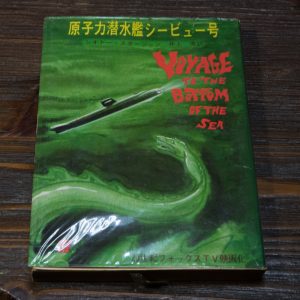The following is my essay that I wrote as an assignment for an English school AEON:
Topic: What are your thoughts about the Japanese youth culture?
Style: Formal
Regarding the Japanese youth culture, the most important buzzword to describe it might be “otaku”. The Japanese word “otaku” is usually translated into English as “geek” or “nerd”. It is often alleged, however, each of them does not exactly reflect the true meaning of the original Japanese jargon.
The word “otaku” appeared first in some print media in the early 1980’s. It was almost the same time when many sub cultures became viral, especially comics and animations. Otaku, in the first place, was used to describe young people who are too enthusiastic about comics or animations. The original meaning of otaku in Japanese is a vocative expression of second person. The word is used for those who often try to talk to others starting with ”hey, otaku”.
Comics were popular even before World War II and the first TV animation started in Japan in 1963. After the tremendous success of an animation movie Space Battleship Yamato in 1977, the number of young fans of comics and animation skyrocketed and both genres became big industries. The word otaku appeared around this time.
At the first stage, the expression contained a rather negative connotation as they have interests only in virtual things and do not have much contact with the real world. This negative image was exacerbated when the Tsutomu Miyazaki incident happed in 1988 and in 1989. The criminal was 26 – 27 years old at that time and killed four female children aged from 4 to 7. By the investigation of the Japanese police, it was revealed that he was holding more than 5,000 video tapes of animation or drama. Most people related the image of otaku to him.
The image of otaku was gradually improved during the 1990’s and in some case the expression was used to describe somebody who has some sophisticated knowledge for something. The areas of interest did not stay only at comics or animation, but they spread to many genres such as computer, train, military, movie, Sci-Fi novels, camera, audio, and almost all sub cultures.
Currently, it is argued that otaku culture in Japan declined a lot while the Japanese government is bubbling over promoting otaku culture to foreign countries with a disgraceful copy “cool Japan”. (Who dares to say “I’m cool!”?) The main reason might be bad economical status of the younger generation.

